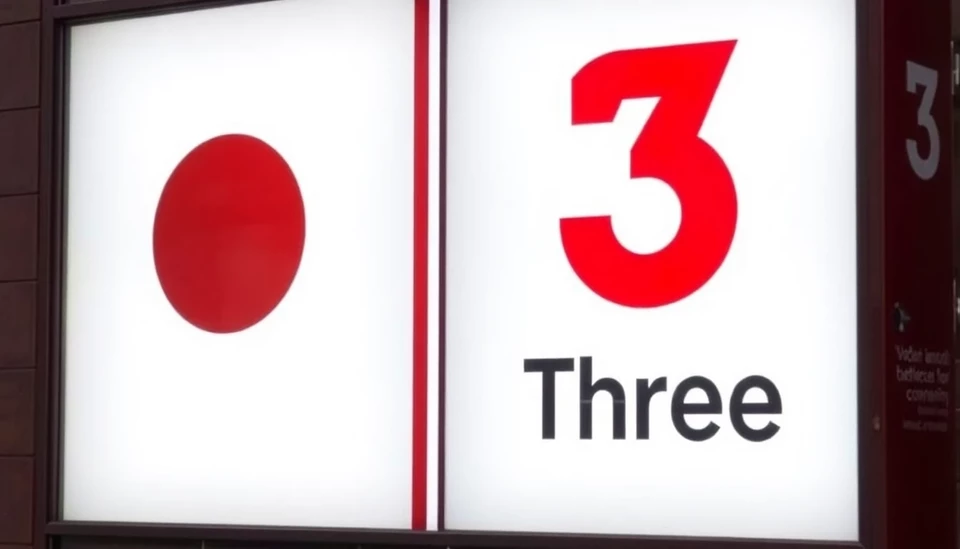
The UK government has signaled its approval for a significant merger between telecom giants Vodafone Group Plc and Three UK, paving the way for what is being described as a transformative investment in the telecommunications sector. This merger aims to enhance mobile connectivity and usher in a new era of network capabilities for consumers and businesses alike.
Despite initial hesitations regarding potential anti-competitive implications, government officials have announced their endorsement of the deal contingent upon certain commitments from both companies. These commitments primarily focus on substantial investments in their network infrastructure, particularly in enhancing the quality and reach of 5G services throughout the UK.
As part of a push to foster competitive practices, both Vodafone and Three have agreed to collaborate closely with the government to ensure that the rollout of advanced technologies does not stifle market competition. This agreement highlights a strategic approach to bolster the UK's telecommunications framework while also addressing concerns regarding consumer choice and pricing.
This proposed merger has been framed as a necessary step to compete more effectively against other telecommunications providers, especially the dominant players in the market that have historically squeezed smaller competitors. By consolidating resources, Vodafone and Three aim to create a robust network that could offer superior service quality at potentially reduced costs.
Industry analysts view this merger favorably, suggesting that it could significantly reduce operational redundancies, allowing for a more streamlined delivery of services. The potential for enhanced network infrastructure may also serve to accelerate the deployment of mobile broadband, which has become increasingly critical in light of rising demand for data services amid the ongoing digital transformation experienced worldwide.
However, this merger is not without its challenges. Regulatory bodies will maintain a watchful eye on its implementation, ensuring that the commitments made by Vodafone and Three are fulfilled to the benefit of consumers. This includes rigorous monitoring of data service pricing and service quality post-merger, providing necessary safeguards against monopolistic practices.
As the telecommunications landscape continues to evolve, the Vodafone-Three merger represents a pivotal moment for the industry in the UK, promising enhancements that could significantly alter how consumers engage with mobile services. The successful execution of this merger could ultimately redefine connectivity in one of Europe’s major telecommunications markets.
With the UK government now advocating for this deal, both Vodafone and Three are set for a crucial phase of their operations as they prepare for the regulatory approval processes ahead. Stakeholders from various sectors will undoubtedly be watching closely to see how this ambitious endeavor unfolds and its repercussions on the future of mobile connectivity in the UK.
#Vodafone #ThreeUK #Telecommunications #NetworkInvestment #5G #MergersAndAcquisitions #UKGovernment #DigitalTransformation
Author: Victoria Adams


